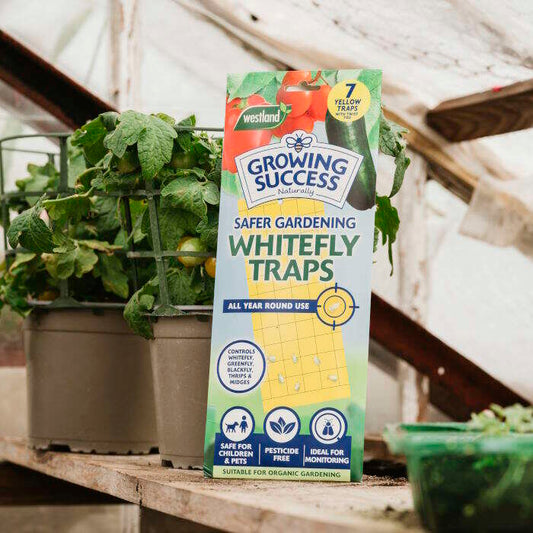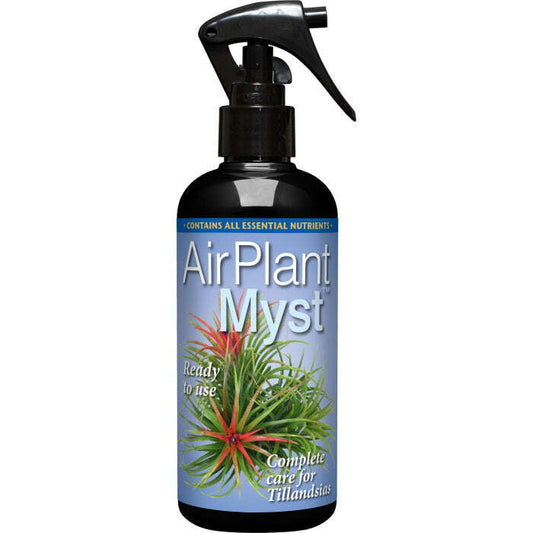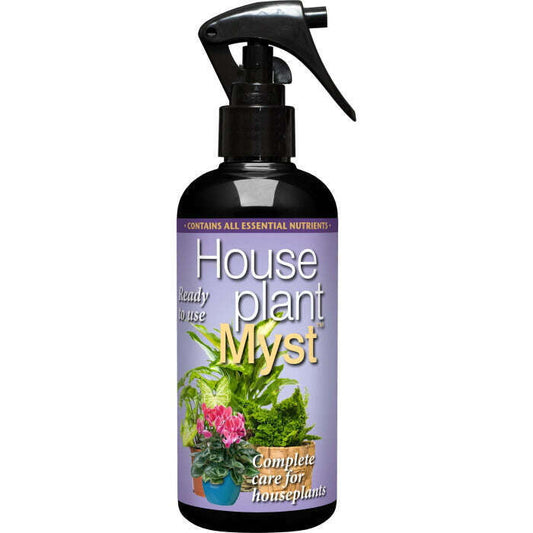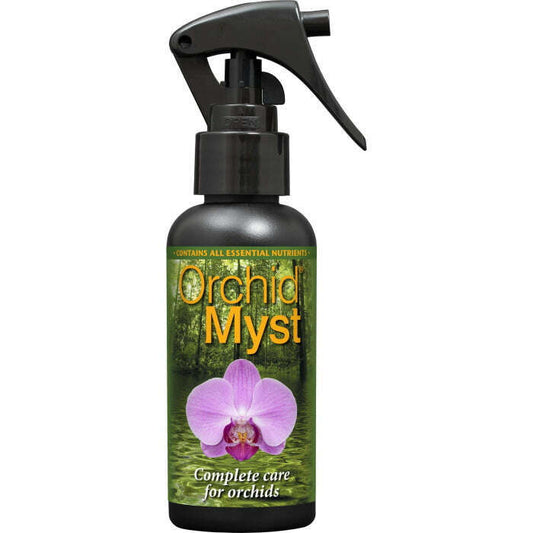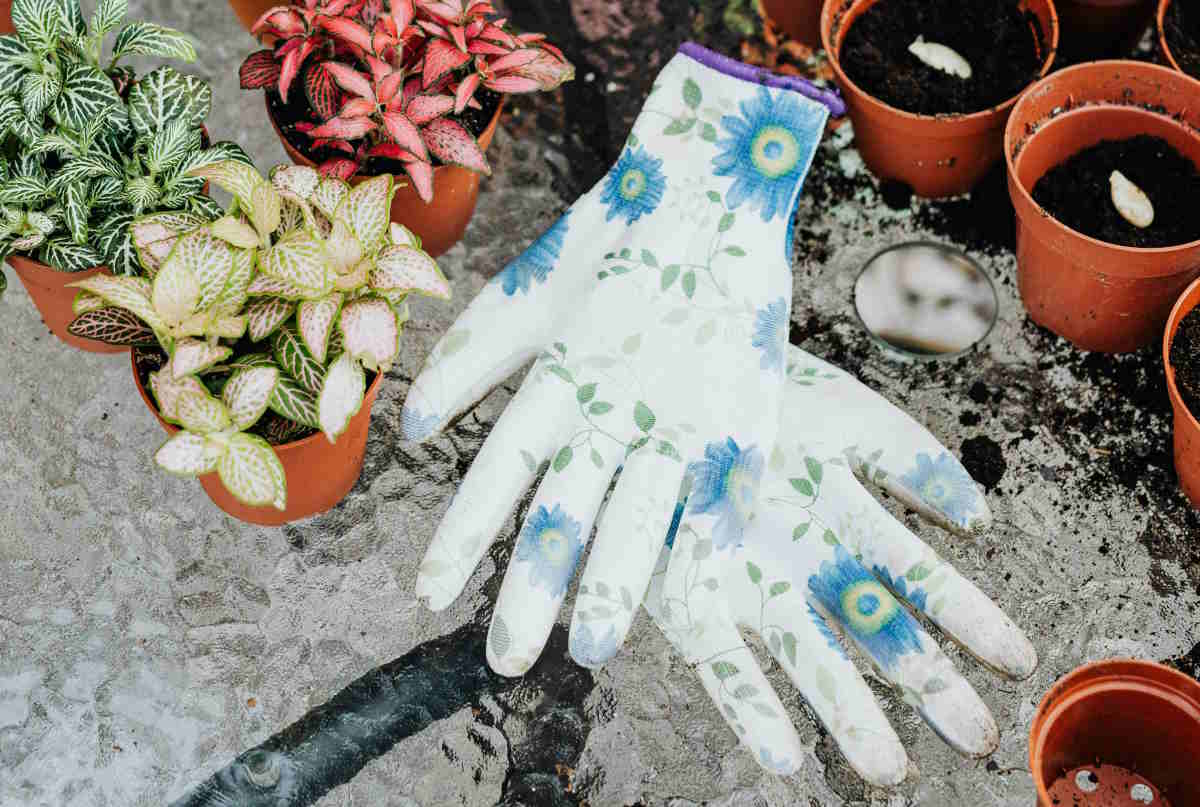
Houseplant Pest Control
House plant pest control make easy.
-

Houseplant Pests Control
Keep house plant pests under control with ease. Our houseplant pests control...
-

Indoor Plant Bug Spray
Looking for indoor plant bug spray? Bug spray for plants in an...
-

Plant Mister Bottle
Discover the perfect plant mister bottle or water mister here at Small...
Houseplant Pests Control
-
SB Plant Invigorator and Bug Killer 500 ml
Regular price £8.90Regular priceUnit price / per£8.90Sale price £8.90 -
SMC Spider Mite Control Spray 750ml
Regular price £11.10Regular priceUnit price / per£11.10Sale price £11.10 -
Gro Sure Whitefly Sticky Traps 7 Pack
Regular price £8.65Regular priceUnit price / per£8.65Sale price £8.65 -
BetterGrow Bird Shaped Yellow Sticky Insect Traps 15pk
Regular price £5.55Regular priceUnit price / per£5.55Sale price £5.55
Indoor Plant Bug Spray
-
SB Plant Invigorator and Bug Killer 500 ml
Regular price £8.90Regular priceUnit price / per£8.90Sale price £8.90 -
SMC Spider Mite Control Spray 750ml
Regular price £11.10Regular priceUnit price / per£11.10Sale price £11.10 -
BetterGrow Bird Shaped Yellow Sticky Insect Traps 15pk
Regular price £5.55Regular priceUnit price / per£5.55Sale price £5.55 -
Gro Sure Whitefly Sticky Traps 7 Pack
Regular price £8.65Regular priceUnit price / per£8.65Sale price £8.65
Plant Mister Bottle
-
Air Plant Myst Spray
Regular price From £6.65Regular priceUnit price / per£6.65Sale price From £6.65 -
Houseplant Myst Spray
Regular price From £3.35Regular priceUnit price / per£3.35Sale price From £3.35 -
Orchid Myst Spray
Regular price From £3.35Regular priceUnit price / per£3.35Sale price From £3.35
More Accessories for you...
-
House Plant Soil
Shop House Plant Soil -
House Plant Food
Shop House Plant Food -
Perlite
Shop Plant Perlite
Houseplant Pest Control
Proper houseplant care requires checking your plants for pests. Most house plants are easy to care for and not prone to pests. So keeping indoor houseplant pests in control is a quite easy task with a regular care routine.
If you find house plant pests. There are a number of products that can help control the issue. There are also a number of products that will help you prevent indoor plant pests becoming an issue.
Indoor Houseplant Bug Spray
One of the most popular methods of houseplant pest control is bug spray. Research shows that approx. 30% of indoor plants may be affected by pests at some point in their lifecycle. Common pests include aphids, spider mites, mealybugs, and whiteflies. These pests can cause significant damage by feeding on plant sap. Which leads to stunted growth, yellowing leaves, and even plant death if left untreated.
Indoor houseplant bug sprays are made to control pests while being safe for the plants themselves. There are several types of bug sprays available. Including chemical, organic, and homemade solutions. Chemical sprays often contain synthetic insecticides. These can provide rapid results but may pose risks to beneficial insects and the environment. In contrast, organic sprays, such as those containing neem oil or insecticidal soap, are derived from natural sources. They are generally considered safer for both plants and the ecosystem. These are the ones we think are the most responsible.
Houseplant Insect Spray
When selecting a bug spray, it is essential to consider the specific pest problem. As well as the type of house plant being treated. For instance, some sprays are more effective against certain pests. While others may be suitable for a broader range of insects. Additionally, it is important to read the label carefully. To ensure a spray is suitable for the plant species follow the manufacturer's instructions for how to apply.
The way pest control is applied can vary depending on the product. Most bug sprays are designed to be sprayed directly onto the affected areas of the plant. This includes the undersides of leaves where pests often reside. It is advisable to apply the spray in the early morning or late evening. This is because it will minimize the risk of leaf burn. It will also help to avoid harming beneficial insects that may be active during the day.
Regular monitoring of indoor plants is vital for early detection of pest issues. You should inspect plants weekly for signs of pests. Signs include discoloured leaves or visible insects. If pests are detected, promptly applying the right bug spray can help mitigate the problem before it escalates.
Did You Know?
Indoor plants lower stress and boost your immune system!







